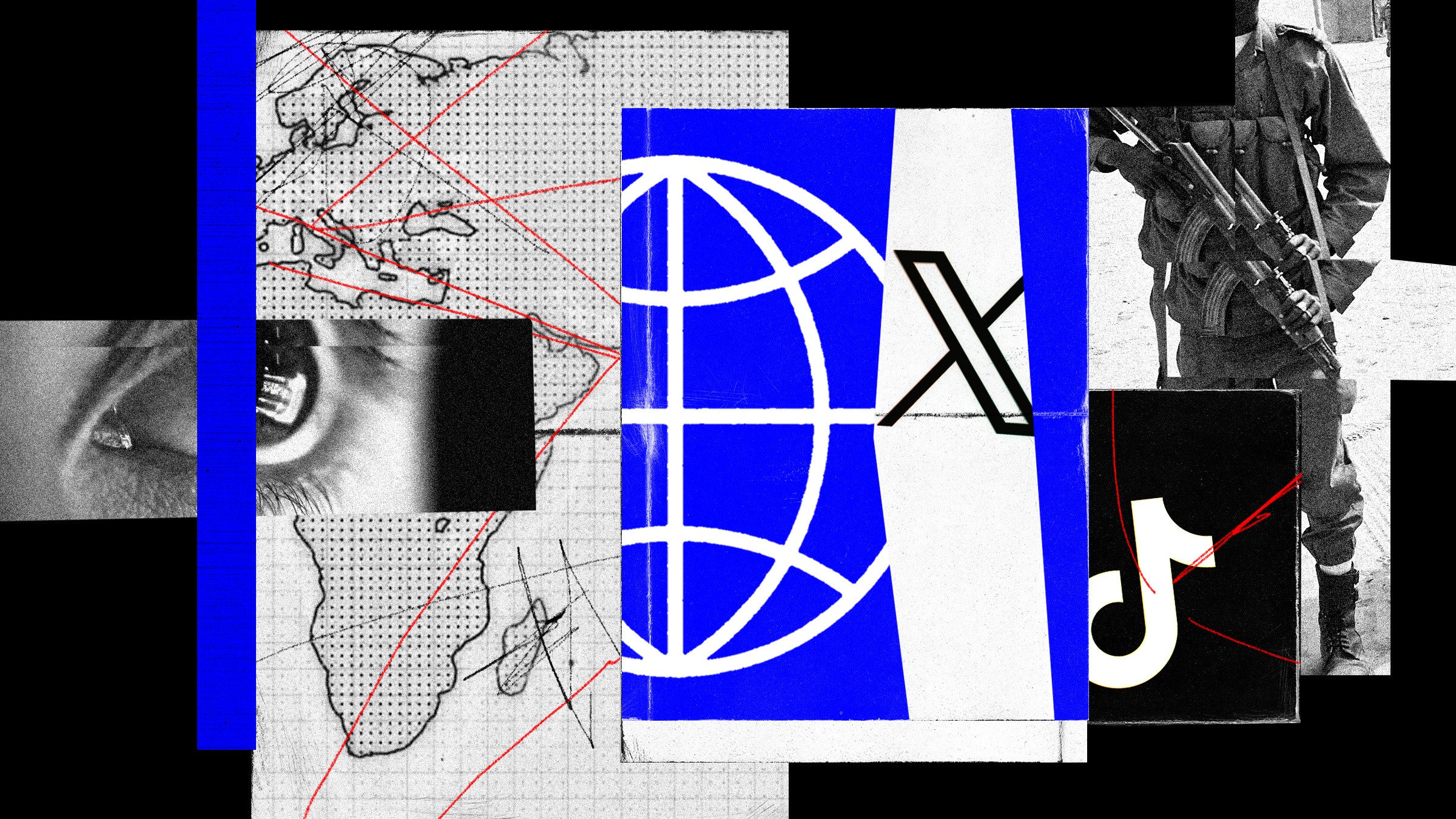Inside Two Years of Turmoil at Big Tech’s Anti-Terrorism Group
Over the past two years, Big Tech’s Anti-Terrorism Group has been facing internal turmoil and external scrutiny as they grapple with the challenge of combating online extremism and terrorist content.
The group, comprised of tech giants such as Facebook, Google, and Twitter, was formed in response to mounting pressure from governments and activists to take action against the spread of extremist ideologies on their platforms.
However, conflicts have arisen within the group as members disagree on the best approach to tackling the issue, with some advocating for stricter censorship measures while others argue for a more nuanced and targeted approach.
These disagreements have led to power struggles and resignations within the group, raising questions about its effectiveness and ability to effectively address the growing threat of online terrorism.
Despite these challenges, the group has made some progress in developing tools and strategies to identify and remove terrorist content from their platforms, but critics argue that more needs to be done to prevent the spread of extremist ideologies online.
As the Anti-Terrorism Group continues to navigate these challenges, the stakes are high as the threat of online extremism and terrorism shows no signs of abating.
Ultimately, the success of the group will depend on its ability to overcome internal conflicts and work together to find innovative solutions to combat online terrorism effectively.
Only time will tell if Big Tech’s Anti-Terrorism Group can rise to the challenge and make a significant impact in the fight against online extremism.



